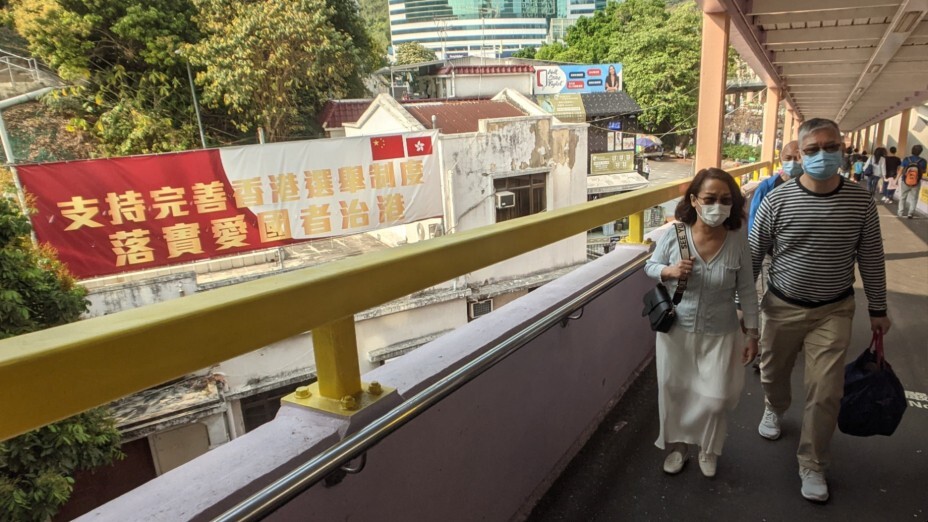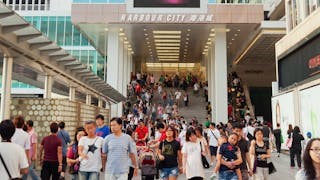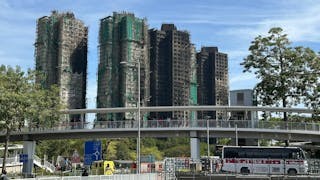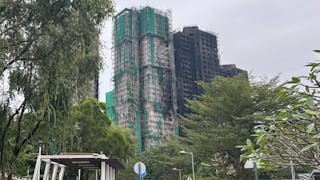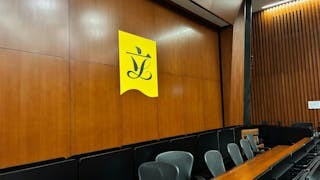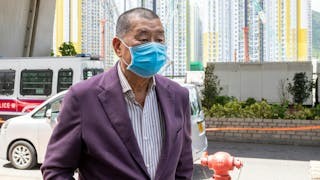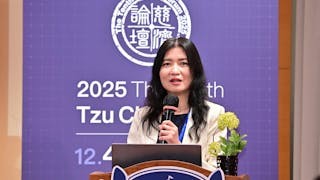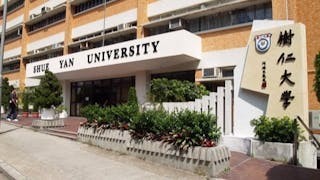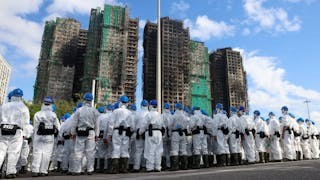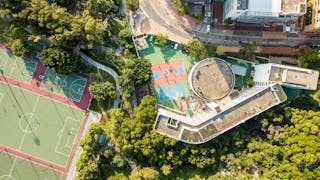如果說,中國式選舉的特點是政治妥協加上一定程度的競爭,這些特點可以從新一屆1500人選舉委員會(選委會)的候選人提名方法中看出來。
三分之一分組界別需要選舉
角逐1500名成員的選委會候選人,提名期在8月12日結束了。選舉事務處表示,共有1016人報名參選,參選者將產生967個選委會席位。在1500名成員的選委會36個分組界別選舉提名中,有13個分組界別的參選人數多於席位數目,而23個分組界別的參選人數與席位數目相等。換言之,36個分組界別中的13個(約佔分組界別1/3)需要進行選舉。 在參選人和席位數目相同的23個組別中,預計將自動產生611名選委。
經過2021年3月完善選舉制度後,選委會成員由1200人增加到1500人,他們來自五大界別:一、工商、金融界 ;二、 專業界 ; 三、基層、勞工和宗教等界;四、立法會議員、地區組織代表等界;五、港區全國人大代表、港區全國政協委員和有關全國性團體香港成員的代表。
選委會委員可以通過三種方式產生:一、當然委員;二、由指定界別分組內指定團體提名產生的委員;三、由界別分組內合資格團體投票人或個人投票人經選舉投票產生。選委會是一個有力的機構,因為它不僅會選舉香港特別行政區行政長官,還會產生40名立法會議員,並提名所有立法會議員候選人。
估計需要選舉產生選委的13個分組界別,包括商界(第三)、勞工界、社福界、保險界、教育界、金融服務界、醫學及衞生服務界、中醫界、法律界、科技創新界、建築、測量、都市規劃及園境界、港九分區委員會、地區撲滅罪行委員會及地區防火委員會委員的代表界、新界分區委員會、地區撲滅罪行委員會,以及地區防火委員會委員的代表界,所有這13個分組界別將在9月19日進行選舉。
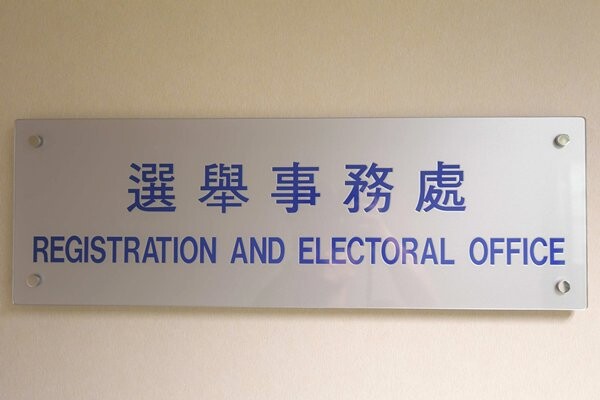
代表性與競爭性的選舉特徵
據悉,有多個分組界別原本已「齊人」,但突然在最後一天有人報名參選,包括法律界、中醫藥界、科技創新界、港九新界分區委員等。 這七個界別包括法律界、中醫藥界、科技創新界、商界(三)、金融服務界、港九分區委員會和新界區委員會。
分區委員會一直在取代多區區議會的角色,成為具影響力的地區事務機構,分區委員會委員是由特區政府任命的,而且往往是建制派。一些批評者認為,將分區委員會納入選委會「缺乏代表性」。 然而,港九分區委員會和新界區委員會分組界別,參選人數多於席位,說明權力精英希望在這些界別中製造有競爭的印象。
客觀地說,許多批評者忽略了分區委員會和撲滅罪行委員會的社會政治影響力,自1980年代以來,這些委員會傳統上由社區領袖和地區活躍人士協助政府進行地方治理,發揮了重要作用。
在法律界別,律師白濤在提名最後一日遞交了表格,有人認為是「刻意安排」,令選舉增加一定競爭性。
對於批評者批評選委會選舉的選民基數相對「狹窄」,親北京的傳媒認為,選委會新增的「基層力量」是新選舉制度的「一大亮點」,令選委會的組成「更均衡、更具廣泛代表性」,其中一個觀點是,許多團體,例如商會,可以代表數千名會員。
另一種說法是,一些界別,例如飲食業,包括了許多不同規模的組織,因此集體投票比個人「更適當,更具廣泛代表性」 。 在內地的選舉中,團體和組織通常比個人選票更重要。 因此,香港的選舉委員會選舉比以往任何時候都表現出更多的內地選舉特徵。
選委會選舉幾個有趣現象
選委會選舉的另一個有趣的特點是老一輩商界精英退出選舉政治。李嘉誠、李兆基、鄭家純、呂志和等知名商界人士均未參與提名。他們被年輕的子女取代──這是選舉委員會提名和選舉政治中,逐漸發生世代交替變化的標誌。
選委會提名的另一個有趣現象,是在會計、中醫藥、科技創新、宗教等界別,參選人將要抽籤決定誰將「進入」選委會。
宗教界別競爭激烈,60個席位有不少候選人角逐,包括天主教區10個席位有40人競爭。其他宗教團體包括中華回教博愛社、香港基督教協進會、香港道教聯合會、孔教學院及香港佛教聯合會。代表6個宗教的候選人,都超過了分配給每個組織的席位。
政黨方面,建制派政黨可說是最活躍的利益相關者。 據報道,民建聯有110名候選人;工聯會有72名候選人;工商專業聯盟有18名候選人;自由黨有15名候選人;以及新民黨15名候選人。
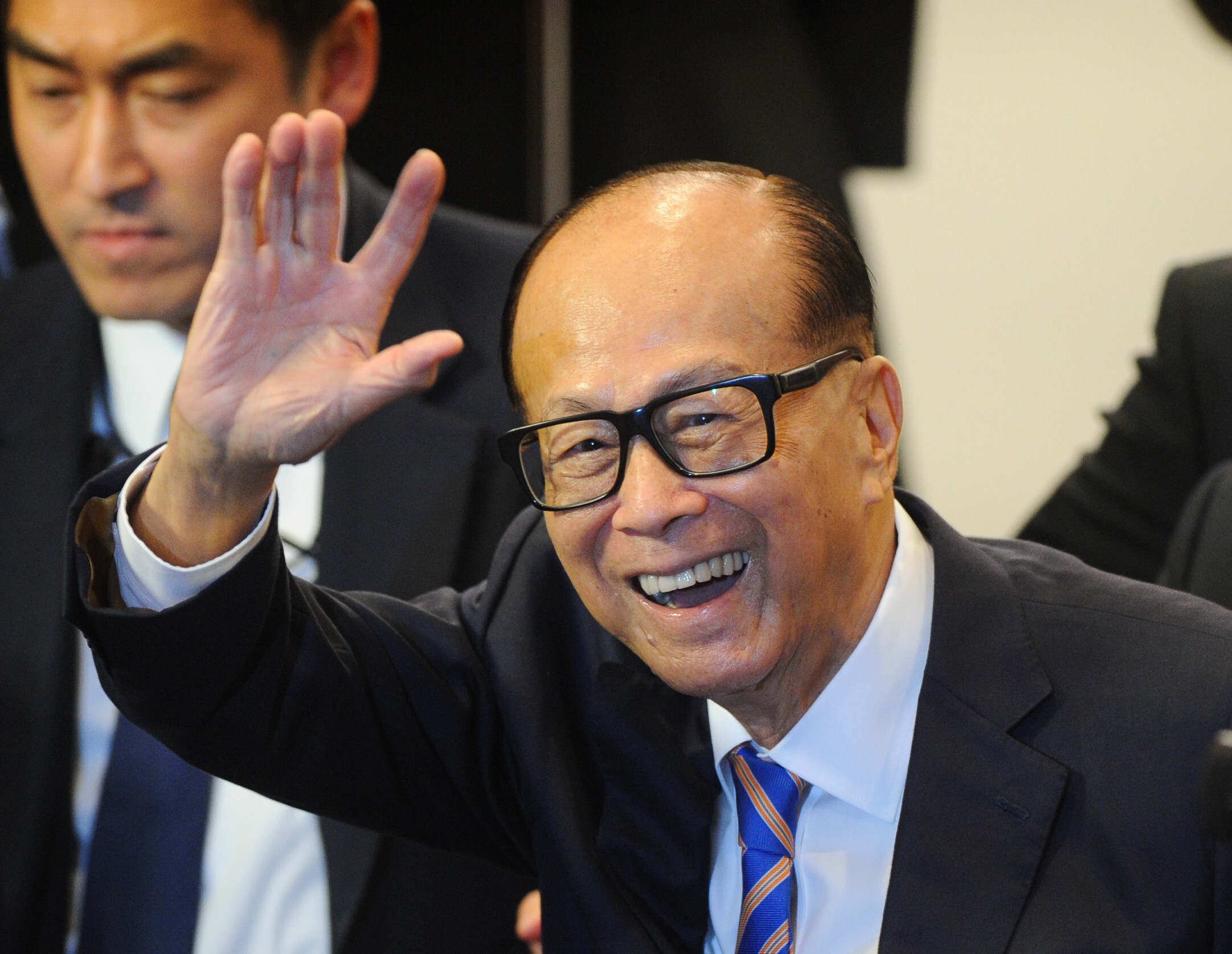
李家超:資格審查進展令人滿意
由政務司司長李家超擔任主席的候選人資格審查委員會將於近期召開會議,以決定候選人的資格,審查委員會將在8月26日公布結果。李家超日前表示,候選人資格審查進展令人滿意,委員會將看候選人是否真誠支持《基本法》、是否忠於香港特別行政區。 審核候選人資格的標準包括他們的言論、行動、文章和著作。
到2021年底,選委會將是從90個立法會議席中選出40名議員的重要機構,並將於2022年3月27日選出新的行政長官。因此,選委會在香港政壇將是最強而有力的政治精英集體,其工作將確保「愛國者」比以往任何時候都更有效地治理香港。
總而言之,1500人的選舉委員會候選人提名,為香港政治史掀開了新的一頁。 雖然一些候選人之間的政治討論和妥協是必然的,但也可以看到一定程度的選舉競爭。 因此,政治妥協和多元化競爭的雙重特徵,說明了選出香港選舉委員會成員的特色。
A Chinese-Style Election in Hong Kong
If the Chinese style of elections is characterized by political compromise and some degree of competition, these features can be seen in the way in which the candidates for the new 1,500-member Election Committee (EC) have been nominated.
The nomination period of the candidates running for the 1,500-member EC ended on August 12. The Electoral Affairs Commission said that it received 1,016 nomination forms from candidates who would compete for 967 EC seats. Among the 36 electoral sectors in the 1,500-member EC, 13 sectors are witnessing more candidates than positions, while 23 sectors have seen the equal number of candidates and positions. In other words, 13 of a total number of 36 sectors (almost one-third of the sectors) will have electoral competitions. Among the 23 sectors with the equal number of candidates and positions, it is anticipated that 611 candidates would be automatically elected.
According to the March 2021 electoral system redesigned by the central government, the EC membership increased from previously 1,200 to currently 1,500, who come from five sectors: (1) the business, commercial, financial and monetary sector; (2) the professional sector; (3) the grassroots, labor and religious sector; (4) Legislative Council members and representatives of district organizations; and (5) the Hong Kong members of the National People’s Congress (NPC), the Chinese People’s Political Consultative Conference (CPPCC) and Hong Kong representatives of nation-wide organizations. The EC members can be returned from three methods: (1) the ex-officio members; (2) nominations from the eligible groups and organizations in different sectors; and (3) the election of candidates by eligible voters in various sectors. The EC will be a powerful body because it will not only continue to elect the Chief Executive of the HKSAR, but also produce 40 Legislative Councilors and nominate all Legislative Council candidates.
The 13 sectors that envisage competition among candidates are as follows: (1) business sector with 18 candidates competing for 17 positions; (2) monetary service sector with 17 candidates competing for 16 positions; (3) insurance sector with 21 candidates contesting 17 positions; (4) construction, surveying, planning and scenic sector with 17 candidates contesting 15 positions; (5) education sector with 14 candidates struggling for 13 positions; (6) technology and innovation sector with 15 candidates vying for 14 positions; (7) legal sector with 16 candidates contesting 15 positions; (8) medical and health service sector with 24 candidates striving for 14 positions; (9) social welfare sector with 23 candidates grasping 12 positions; (10) Chinese medicine sector with 16 candidates contending 15 positions; (11) labor sector with 72 candidates struggling for 60 positions; (12) Hong Kong and Kowloon Area Committees with 78 candidates striving for 76 positions; and (13) New Territories Area Committee with 82 candidates competing for 80 positions. Obviously, the competition tends to be more prominent in two sectors: (1) the medical and health service sector and (2) the social welfare sector. All these 13 sectors will undergo elections on September 19.
It is reported that, on the last day of the nomination, seven of the thirteen sectors as mentioned above suddenly witnessed more candidates than positions. These seven sectors include law, Chinese medicine, technology and innovation, business, monetary service, Hong Kong and Kowloon Area Committees, and New Territories Area Committees. Some pro-establishment elites told the mass media that, “without the blessing from authorities,” some candidates would not have sought nominations on the last day, implying that the power elites supported some candidates to be nominated on the last day for the sake of increasing the degree of competitiveness in the EC elections. Two candidates (one from Shatin and the other from Sai Kung) got nominations on the last day to compete for the EC positions allocated for the New Territories Area Committees.
Area Committees have been replacing many District Councils to become influential district-level bodies in local politics. Their members were appointed by the HKSAR government and tend to be pro-establishment. The inclusion of Area Committees into the sectors of the EC in March 2021 was viewed by some critics as “unrepresentative.” Nevertheless, the fact that the Areas Committees sectors in both Hong Kong/Kowloon and the New Territories witnessed more candidates than positions illustrated the response of the power elites, who are eager to create an image of competitiveness in these sectors. Objectively speaking, many critics have ignored the socio-political significance of the Areas Committees and Fight Crime Committees, which have traditionally been important for the community leaders and activists to assist the government in local governance since the colonial era in the 1980s.
In the legal sector, a candidate named Bai Tao from a law firm doing business in both Hong Kong and the mainland submitted his nomination form on the last day of the nomination, showing that the power elites hoped to inject an ingredient of competition to some sectors of the EC.
In response to the criticism from critics that the EC election would have a relatively “narrow” base of voters, the pro-Beijing media in the Hong Kong Special Administrative Region (HKSAR) argued that the votes from the related groups and organizations are even “more representative” (Wen Wei Po, August 13, 2021, p. A2). An argument against “unrepresentativeness” is that many groups, such as the commercial and business ones, can represent several thousand members. Another argument for the EC election is that some sectors, such as the food and catering sector, include many organizations (like restaurants in food and catering sector) with different sizes, and therefore group votes are “more representative” and “appropriate” than individual votes. In mainland Chinese elections, groups and organizations are usually more important than individual votes. As such, the Hong Kong EC election is exhibiting more mainland electoral characteristics than ever before.
One interesting hallmark of the candidates running for EC election is that the older generation of business elites stepped down from electoral politics. Prominent businesspeople like Li Ka-shing, Lee Shau-kee, Henry Cheng Kar-shun and Lui Che-woo did not participate in the nomination process. They have been replaced by their younger sons and daughters – a sign of gradual generational change in the politics of nomination and election of the EC.
Another interesting phenomenon of the EC nomination is that in some sectors, candidates would face the experience of drawing lots among themselves to decide who would be “elected” to the EC: accounting, Chinese medicine, technology and innovation (New Territories), religion, and the sector of the Hong Kong groups in the mainland.
The religious sector saw considerable competition: the 60 positions see more candidates, including 40 nominees, running for 10 positions allocated for the Catholic Church. Other religious groups also witnessed competition, including the Chinese Muslim Cultural and Fraternal Association, the Hong Kong Taoist Federation of Associations, the Confucius Academy, the Hong Kong Buddhist Federation of Associations, and the Hong Kong Christian Council each of which has more candidates than the 10 positions allocated to every organization. The groups concerning the Hong Kong people in the mainland envisage more candidates competing for 27 positions – a new phenomenon in the electoral politics of the EC.
In terms of party politics, the pro-Beijing political parties can be regarded as the most active stakeholders. It is reported that the Democratic Alliance for the Betterment and Progress of Hong Kong (DAB) has a total number of 110 candidates, the Federation of Trade Unions (FTU) has 72 candidates, the Business and Professionals Alliance 18 candidates, the Liberal Party 15 candidates, and the New People Party 15 candidates.
The Candidates Eligibility Review Committee chaired by Chief Secretary John Lee will hold its meeting soon to decide the eligibility of the candidates. It will announce on August 26 the results of the screening process. Lee said on August 13 that the progress of assessing the eligibility of candidates was satisfactory and that the committee would see whether the candidates sincerely support the Basic Law and whether they are loyal to the HKSAR. The criteria of discussing the candidates’ eligibility include their remarks, action, essays and writings comprehensively.
The EC will be an important body selecting 40 out of 90 Legislative Council members by the end of 2021. It will also select the new Chief Executive on March 27, 2022. As such, the members of the EC will constitute the most powerful political elites in Hong Kong politics. Its work will ensure that the “patriots” will govern the HKSAR far more effectively than ever before.
In conclusion, the politics of nominating the candidates running for the positions of the 1,500-member Election Committee has opened a new page in the political history of Hong Kong. While political discussions and compromise among some candidates were natural, some degree of electoral competition can be seen. As such, the twin features of political compromise and pluralistic contests are illustrative of the dynamics of selecting the members of the Election Committee in the HKSAR.
原刊於澳門新聞通訊社(MNA)網站,本社獲作者授權轉載。



